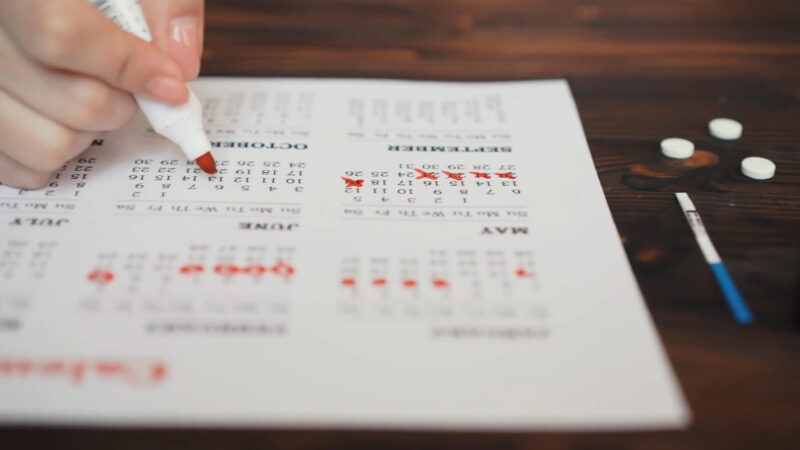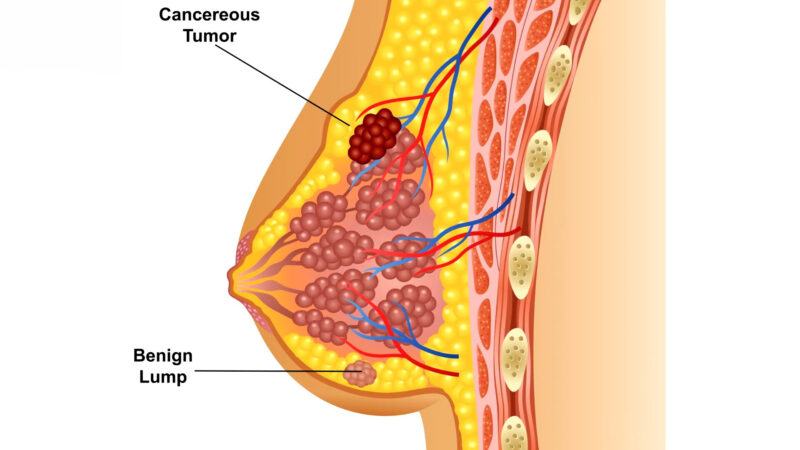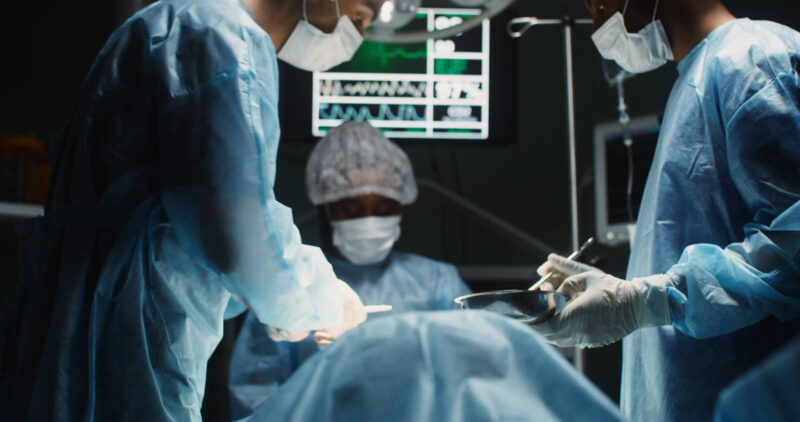When we talk about breast discharge, it’s a topic that might stir concern or curiosity. Yet, it’s a common phenomenon many women experience at some point in their lives. Understanding what your body is trying to communicate through this discharge can be empowering and can help demystify concerns about breast health.
This blog post will explore the various types and causes of breast discharge, shedding light on when it might be a sign to consult a healthcare provider.
Key Takeaways
- Milky Discharge: Often benign, linked to breastfeeding, hormone levels, or medication use. Requires monitoring for non-breastfeeding individuals due to potential hormonal imbalances.
- Clear or Bloody Discharge: Significantly concerning, possibly indicating serious conditions like infections or breast cancer. Prompt medical consultation is necessary, especially for discharge from a single duct.
- Yellow, Green, or Gray Discharge: Typically suggests an infection or a benign condition such as ductal ectasia. Persistent symptoms or those accompanied by pain or lumps necessitate medical evaluation.
- Immediate medical advice is crucial for clear, bloody, or any discharge that is out of the ordinary to ensure timely diagnosis and treatment of potential underlying issues.
Types of Breast Discharge
Breast discharge refers to any fluid that leaks from the nipple area of the breast. It can vary in color, consistency, and occurrence, ranging from clear, yellow, green, or even a milky appearance.
While it’s commonly associated with pregnancy and breastfeeding, breast discharge can occur in women who are neither pregnant nor breastfeeding.
| Type of Discharge | Potential Indications | Recommended Action |
| Milky Discharge | Linked to breastfeeding, prolactin levels, medications. Can indicate hormonal imbalance or medication side effects if not pregnant/breastfeeding. | Monitor persistence/volume. Consult a healthcare provider if significant changes occur. |
| Clear or Bloody Discharge | More concerning; may signal infections or, rarely, breast cancer (e.g., intraductal carcinoma, papilloma). | Seek medical advice promptly, especially if from a single duct. |
| Yellow, Green, or Gray Discharge | Indicates infection or benign conditions like ductal ectasia. Chronic infections or abscesses possible. | If persistent or accompanied by pain/lump, get evaluated by a healthcare provider. Requires antibiotics or surgical treatment for infections/abscesses. |
What Are The Causes?
1. Hormonal Imbalances
Hormones like estrogen and prolactin can cause breast discharge. When these hormones are out of balance, they can lead to unexpected discharge. Conditions such as thyroid dysfunction or pituitary gland tumors can also disturb hormonal balance, leading to nipple discharge.
2. Breast Infections and Conditions
Conditions such as mastitis or abscesses, often related to breastfeeding, can cause discharge. Non-breastfeeding related infections or conditions, like ductal ectasia, also lead to discharge. These conditions may not only cause discomfort but can also affect the overall breast health if left untreated.
3. Medications and Substances

Certain medications, including birth control pills, antidepressants, and antipsychotics, can cause nipple discharge. Even some herbal supplements can lead to this condition. It’s important to review any medications or supplements with a healthcare provider to determine if they could be contributing to the discharge.
4. Mechanical Stimulation

Regular nipple stimulation, from sexual activity, tight clothing, or even frequent checks for discharge, can lead to nipple discharge. This cause is often overlooked but can be easily addressed by reducing direct stimulation to the nipples. Awareness and changes in lifestyle or clothing may help alleviate this issue.
5. Benign Tumors and Cancer

While less common, benign tumors like intraductal papillomas or, rarely, breast cancer, can cause nipple discharge, especially if it’s bloody or occurs in only one breast. These conditions require immediate attention to ensure timely diagnosis and treatment.
Early detection plays a crucial role in the successful management of these conditions.
How is Nipple Discharge Treated?
Here’s a table summarizing the treatments for nipple discharge based on the underlying cause:
| Underlying Cause | Treatment Approach |
| Hormonal Imbalances | Prescription medications to adjust hormone levels; discontinuing certain medications if necessary. |
| Infections or Abscesses | Antibiotics; drainage or surgical intervention for abscesses. |
| Benign Tumors | Surgical removal of benign growths like intraductal papillomas. |
| Breast Cancer | Surgery, radiation, chemotherapy, or a combination, depending on cancer type and stage. |
| Ductal Ectasia | Mild cases may not require treatment; severe cases might involve surgery to remove affected ducts. |
| Medication-Induced Discharge | Discontinuing or changing the causative medication under supervision. |
| Mechanical Causes | Reducing or eliminating nipple stimulation; changing tight clothing or related behaviors. |

When to See a Doctor
- It’s important to consult a healthcare provider if you notice a discharge from only one breast, as unilateral discharge could indicate a more serious condition.
- Bloody or clear discharge warrants a visit to a doctor due to its potential association with breast cancer or other serious conditions.
- Discharge associated with a lump or swelling could be a sign of a blocked duct or a tumor and requires immediate evaluation.
- Persistent discharge without nipple stimulation is abnormal and should prompt a medical consultation to rule out underlying issues.
FAQs
Can breast discharge occur in men, and what does it mean?
Yes, it can occur in men, although it’s less common. When it does happen, it’s important to seek medical evaluation as it can be a sign of hormonal imbalances, breast infection, or in rare cases, breast cancer.
Is it normal to have breast discharge after menopause?
This is not typically considered normal and should be evaluated by a healthcare provider. It could indicate hormonal changes or other underlying conditions that require attention.
Can certain foods or diets cause breast discharge?
While diet alone is not directly linked to causing breast discharge, excessive consumption of phytoestrogen-rich foods, such as soy products, can influence hormonal levels in some individuals, potentially affecting breast secretion. However, this is rare and usually involves other underlying hormonal issues.
Does exercise impact breast discharge?
Regular exercise is not typically associated with this. However, vigorous physical activity can lead to friction that stimulates the nipples, potentially causing discharge in very rare cases. Wearing appropriate, supportive sports bras can help minimize this risk.
How does stress affect breast discharge?
Stress by itself does not directly cause breast discharge, but it can influence hormonal balances within the body. In some cases, severe or chronic stress might indirectly affect conditions that lead to discharge through hormonal pathways, particularly involving prolactin levels.
Can breast discharge go away on its own, or does it always require treatment?
Some types of breast discharge, especially if related to hormonal changes or minor infections, can resolve on their own without specific treatment. However, persistent, unusual, or concerning discharge should always be evaluated by a healthcare provider to determine if treatment is necessary and to address any underlying conditions.
Conclusion
Breast discharge can be a normal body function or a sign of something more serious. Understanding the types and causes is crucial for recognizing when it might be time to seek professional advice. Knowledge about your body’s signals enhances your ability to take proactive steps toward your health.
If you’re ever in doubt, consulting a healthcare professional can provide peace of mind and ensure that any underlying issues are addressed promptly.
